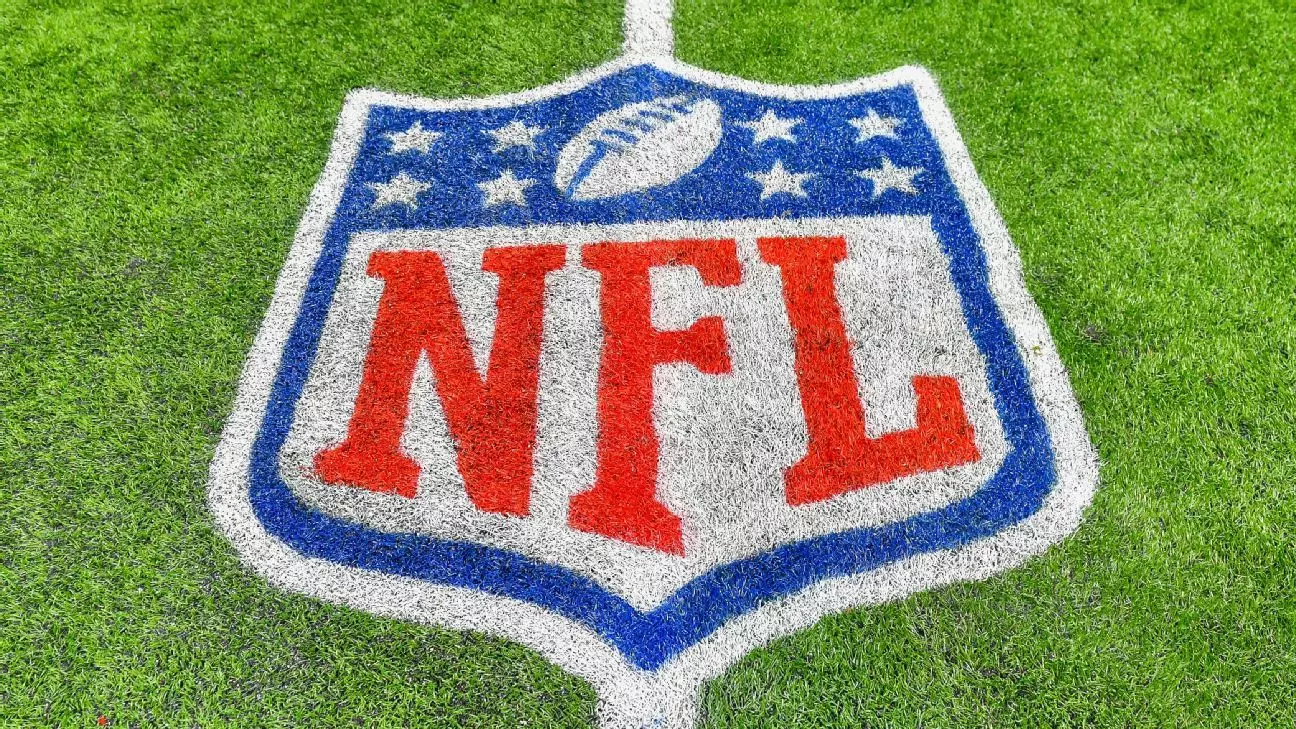The recent class-action lawsuit against the NFL regarding its “Sunday Ticket” package represents a significant moment not just for sports broadcasting but for antitrust law in America. U.S. District Judge Philip Gutierrez has highlighted critical issues concerning the jury’s handling of damage calculations, calling into question whether they adhered to the legal standards set before them. This evolving legal battle emphasizes the intense scrutiny of corporate practices, particularly within monopolistic environments, and sets a potential precedent for future litigation.
In the latest developments, Judge Gutierrez pointed out that the jury seemingly strayed from his specific guidelines when determining the damages incurred by “Sunday Ticket” subscribers. He is faced with a pivotal post-trial motion from the NFL, asking him to rule solely on the plaintiffs’ failure to substantiate their claims or, alternatively, to call for a new trial due to the jury’s questionable calculations. Gutierrez’s observation regarding the jury’s independence raises pivotal questions about the justice system’s ability to balance legal integrity with public sentiment in a case that unabashedly influences millions of sports fans.
The crux of the judge’s instructions emphasized that damages should not be derived from mere conjecture. Plaintiffs were required to demonstrate a well-substantiated rationale behind the calculations of their damages—a principle rooted firmly in legal tradition. As the judge deliberates on this matter, the complexities inherent in quantifying damages in an antitrust lawsuit come to the forefront. It is essential to ensure that the judicial process remains grounded in objective and quantifiable evidence to preserve its legitimacy.
The jury rendered a substantial verdict, awarding nearly $4.7 billion to both residential and commercial subscribers. This figure draws attention not only for its size but for the implications it portends regarding the NFL’s practices in distributing out-of-market games. Subscribers claimed that the NFL’s monopoly over the “Sunday Ticket” package inflated prices and restricted competition by limiting access to just one satellite provider—DirecTV. Such practices, if validated through the courts, could redefine how the league operates moving forward.
The jury’s decision was founded upon a meticulous calculation based on the pricing disparity between the alleged average price paid by subscribers and the nominal list price. By establishing the difference as an “overcharge” and applying it to the subscriber base, the jury endeavored to highlight the financial injustices faced by consumers over a decade-long period. However, NFL attorneys contended that this assessment appeared arbitrary and lacked the rigorous evidential anchoring expected in such legal determinations.
The NFL’s response to the ruling indicates its steadfast commitment to contest the verdict vigorously. Labeling the jury’s decisions as contrary to established law, the league aims to have the verdict overturned or re-evaluated. NFL representatives assert their model for media distribution, emphasizing accessibility through various platforms, including free over-the-air television. The juxtaposition of this claim against the jury’s findings could spark further debate on what constitutes consumer choice versus corporate monopoly in sports broadcasting.
Moreover, the stakes are substantial. Under federal antitrust laws, damages can triple, potentially reaching an eye-watering figure of over $14 billion if the NFL is found liable. This looming financial exposure creates a palpable tension, not only for the league but also for fans and stakeholders who depend on NFL-related revenues and jobs. It complicates the narrative of the NFL as a pillar of American sports culture and raises broader discussions about the intersections between entertainment, commerce, and consumer rights.
As the NFL prepares to navigate possible appeals, the wider ramifications of this case may resonate throughout the sports industry. How this verdict influences future media rights negotiations and subscription models remains to be seen. It has the potential to empower consumers, granting them a stronger voice against monopolistic practices typically ubiquitous in the world of professional sports.
Judge Gutierrez’s eventual ruling on the NFL’s motion will undoubtedly shape not just the immediate fate of the “Sunday Ticket” affair but could also signal a shift within the larger legal landscape regarding antitrust enforcement in U.S. sports. As this case continues to unfold, it serves as a critical reminder of the importance of rigorous legal standards in preserving fair market competition and protecting consumer rights in an increasingly complicated media environment.


Leave a Reply